I am using MySQL with PHP5. I got to know that ancient mysql_* functions are no longer maintained and community has begun the deprecation process. So I decided to move away from mysql_*. The question is where to? I am looking for lighter, simpler and faster way. Somebody tell me which among these (mysqli and PDO) is;
- faster
- easy to learn and code
- consumes less space and memory
Note: Tutorial links in beginner level for these two will be helpful.


